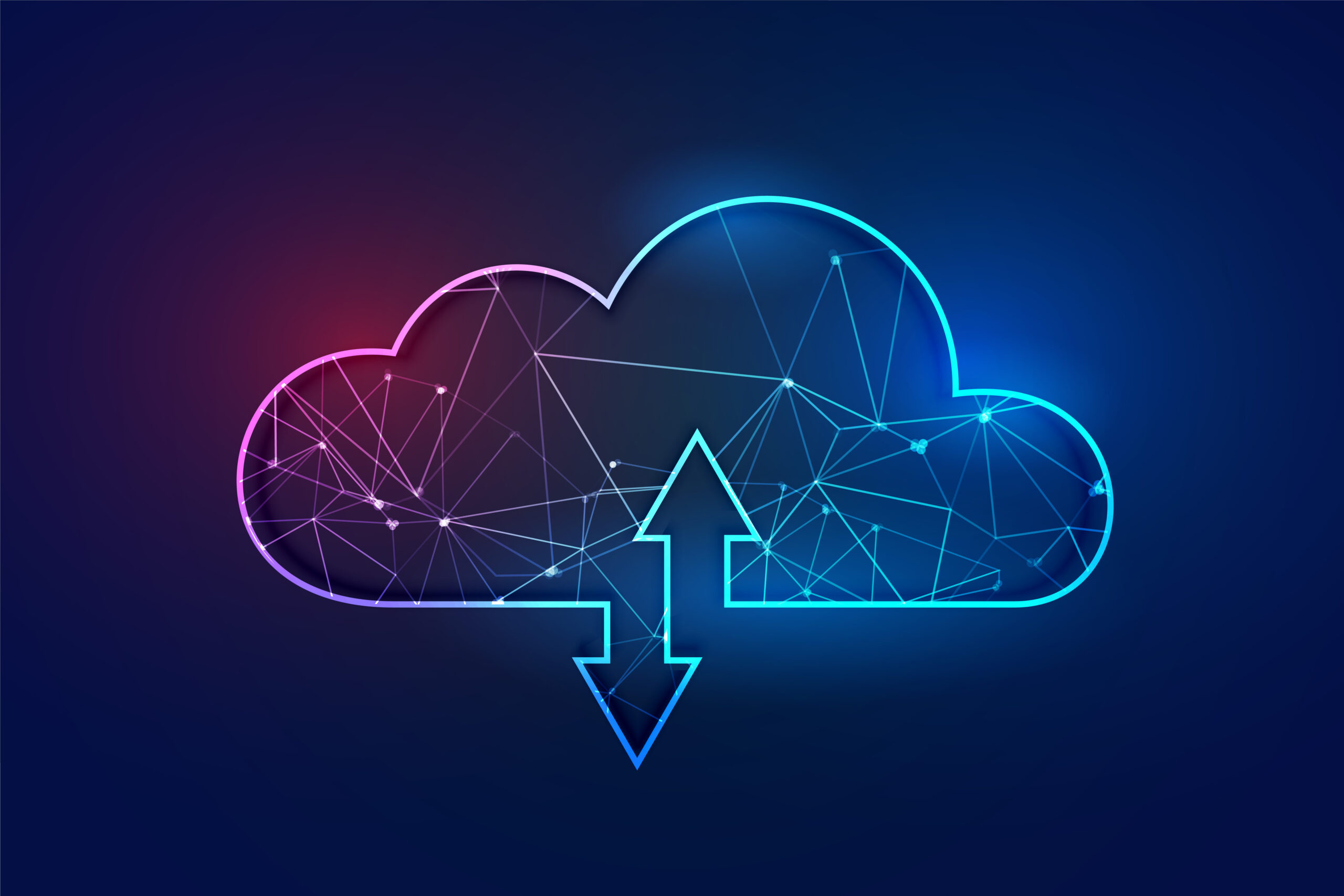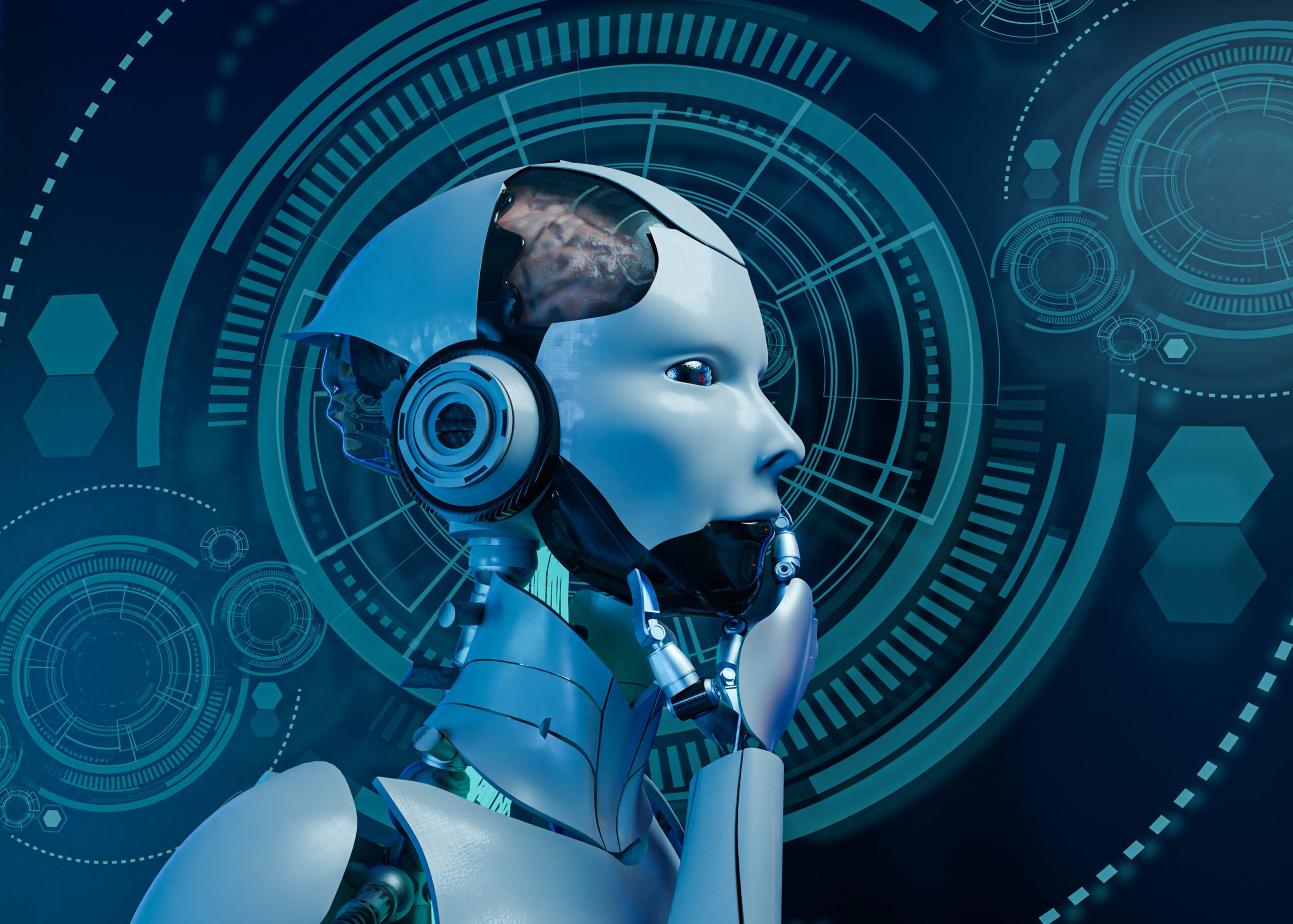Artificial Intelligence vs. Human Intelligence: Can Machines Ever Replace Us?

Artificial Intelligence (AI) has made remarkable advancements, revolutionizing industries, automating processes, and even simulating human-like cognitive abilities. But despite its rapid progress, AI still faces fundamental limitations when compared to human intelligence. This blog explores the differences between artificial intelligence and human intelligence, their strengths and weaknesses, and whether machines can ever truly replace humans.
1. Understanding Artificial Intelligence
Artificial Intelligence refers to the simulation of human intelligence in machines, enabling them to perform tasks such as learning, reasoning, problem-solving, and decision-making.
Key Characteristics of AI:
- Machine Learning (ML): AI algorithms improve performance through experience.
- Neural Networks: AI systems mimic the human brain’s neuron connections.
- Automation: AI-driven systems handle repetitive and complex tasks efficiently.
- Big Data Processing: AI analyzes vast amounts of information faster than humans.
Types of AI:
- Narrow AI (Weak AI): Performs specific tasks like voice recognition (e.g., Siri, Alexa).
- General AI (Strong AI): Has human-like reasoning capabilities (not yet fully developed).
- Superintelligent AI: Hypothetical AI surpassing human intelligence.
2. Understanding Human Intelligence
Human intelligence is a product of evolution, consciousness, emotions, and social interactions. Unlike AI, human intelligence is not just about problem-solving but also about creativity, empathy, and intuition.
Key Characteristics of Human Intelligence:
- Adaptability: Humans learn from experience and apply knowledge in diverse scenarios.
- Creativity & Innovation: The ability to think outside the box and generate original ideas.
- Emotional Intelligence: Recognizing and managing emotions, crucial for communication and relationships.
- Common Sense & Ethics: Humans can reason based on moral and ethical values.
3. AI vs. Human Intelligence: Key Differences
| Feature | Artificial Intelligence | Human Intelligence |
|---|---|---|
| Learning | Relies on data and algorithms | Learns from experience, emotions, and reasoning |
| Creativity | Generates outputs based on existing data | Capable of original thought and innovation |
| Emotional Understanding | Lacks true emotions and empathy | Can feel, interpret, and express emotions |
| Decision-Making | Data-driven, logical | Can make ethical and moral decisions |
| Common Sense | Limited, struggles with abstract reasoning | Strong, intuitive decision-making |
| Flexibility | Task-specific, needs training | Adaptable to any situation |
| Ethical Judgment | Lacks consciousness, follows programmed rules | Considers ethics and values |
4. Can AI Replace Human Intelligence?
While AI is excelling in many fields, it still cannot replicate the full range of human intelligence. Here’s why:
Strengths of AI Over Humans
✔ Speed & Efficiency: AI can process massive amounts of data in seconds. ✔ Automation of Repetitive Tasks: AI is transforming industries like healthcare, finance, and logistics. ✔ Accuracy & Consistency: AI reduces human errors in calculations and decision-making. ✔ Availability: AI-powered systems operate 24/7 without fatigue.
Limitations of AI Compared to Humans
❌ Lack of True Understanding: AI does not comprehend context like humans do. ❌ Absence of Emotions & Empathy: AI cannot experience or understand human emotions. ❌ Limited Creativity & Innovation: AI can generate content but lacks true creative insights. ❌ Ethical and Moral Judgments: AI operates based on programming, without ethical considerations.
5. The Future: AI and Humans Working Together
Instead of replacing humans, AI is likely to complement human intelligence, enhancing productivity and efficiency across industries.
Collaborative Intelligence: AI Augmenting Human Capabilities
- Healthcare: AI assists doctors in diagnosing diseases, but human expertise remains essential.
- Creative Fields: AI-generated art and music rely on human input and creativity.
- Business & Finance: AI analyzes trends, but human decision-makers apply strategic thinking.
- Education: AI-powered tutoring helps personalize learning, but teachers provide guidance and support.
Ethical Concerns & Responsible AI Development
- Bias & Fairness: AI models must be trained on unbiased data to ensure fair decision-making.
- Job Displacement: AI-driven automation may impact employment, requiring reskilling initiatives.
- AI Governance: Governments and organizations must establish ethical guidelines for AI use.
Conclusion
AI is a powerful tool that enhances efficiency and automates complex processes, but it cannot fully replace human intelligence. While AI excels in data analysis, automation, and logical decision-making, it lacks emotional intelligence, creativity, and ethical reasoning. The future lies in human-AI collaboration, where machines assist rather than replace humans, leading to innovations and advancements across industries.
What are your thoughts on AI vs. human intelligence? Can machines ever truly replace us? Share your views in the comments below!



